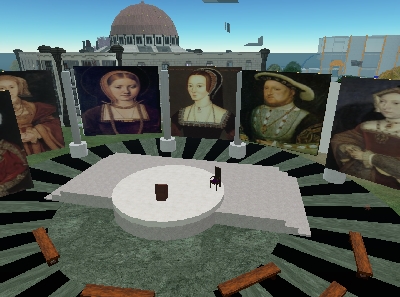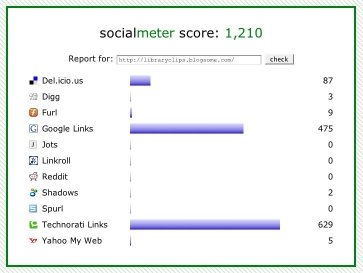Jeremy Hunsinger (School of Information and Library Science at the Pratt Institute Manhattan Campus) unterrichtet diesen Herbst einen Kurs zu „Internet Resources for the Information Professional„. Ziel des Kurses ist:
Students who complete this course will gain an understanding of Social Software for Information Professionals and an understanding of the Library 2.0 technologies, the underlying debates with those technologies. They will have an understanding of the changing roles of information professionals in the age of informationalization and will be prepared to adapt information technologies to the needs of libraries and information centers. They will gain an understanding of the internet, its history, and its implications. They will be able to effectively communicate their understandings to diverse audiences.
Es handelt sich um einen grundlegenden Kurs zum Bibliothekswesen, der anscheinend fast komplett auf die klassischen Fachinformationsinhalte als Stoff verzichtet.
Auch unter didaktischen Gesichtspunkten sind amerikanische Syballabi immer wieder sehenswert. Hier zeigt sich, dass Qualität eben nichts mit Quantität (des Lehrdeputats) zu tun hat. Ob unsere Bologna Spezialisten sich so etwas schon mal überlegt haben? Das Material ist nicht unbedingt zum Selbststudium geeignet: auch dies eine didaktische Erkenntnis…
Die SILS (School of Information and Library Science) des Pratt Insituts sagt übrigens von sich selber, die älteste LIS School in US zu sein. Und: ihr Master ist ein Master of Science in Library and Information Science (MSLIS). Man beachte die Wortstellungen – ILS –> LIS
Sehr schön der Vergleich mit einer älteren Fassung des gleichen Kurses, den die aktuelle Dekanin Tula Giannini zu Zeiten des Web1.0 gehalten hat.




